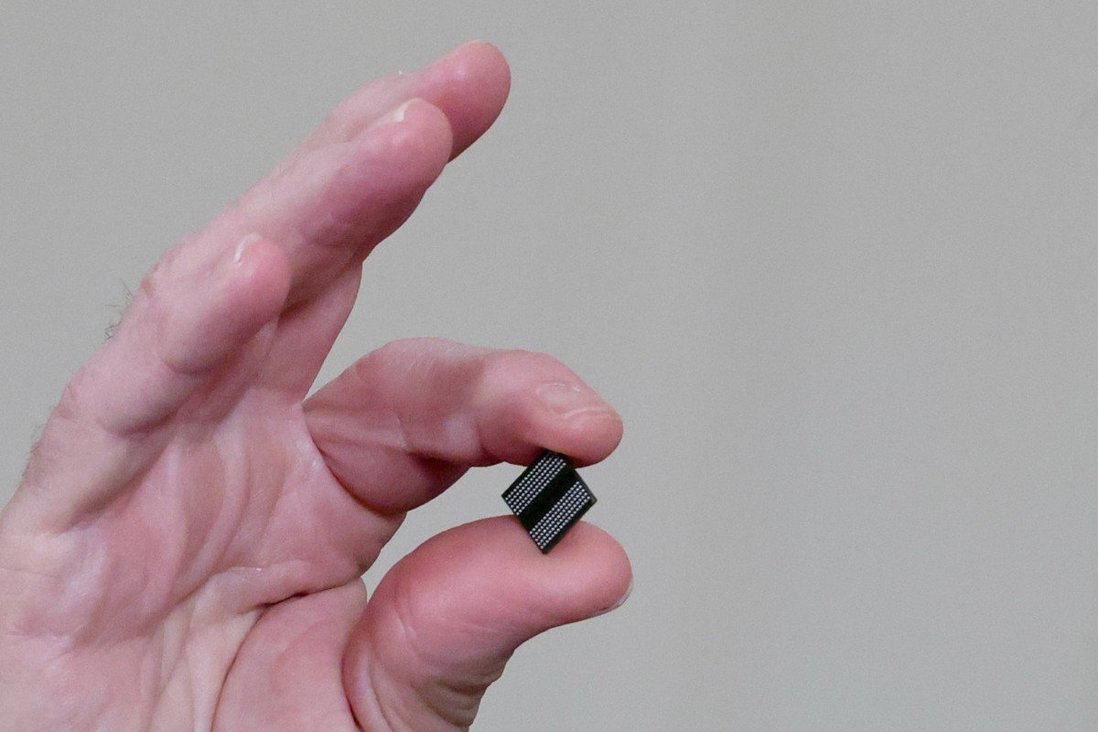 In the past, chips were only available in select computing devices. Today, however, they power almost all electronic appliances. While this eventuality has increased overall efficiency, it has also led to a global chip shortage. As demand continues to outstrip supply, it’s only a matter of time before you feel the effects of this shortage. At Hummingbird Networks, we help our clients make sense of this situation while providing practical solutions.
In the past, chips were only available in select computing devices. Today, however, they power almost all electronic appliances. While this eventuality has increased overall efficiency, it has also led to a global chip shortage. As demand continues to outstrip supply, it’s only a matter of time before you feel the effects of this shortage. At Hummingbird Networks, we help our clients make sense of this situation while providing practical solutions.
Causes of the Current Chip Shortage
Samsung, Apple, Qualcomm, NVIDIA, Intel, and AMD are among the leading chip users in the world. They have all expressed concerns about the potential impact of the continued shortage. Automated navigation systems in modern vehicles also rely on chips, meaning the automotive industry needs tens of millions annually.
The main reasons for this shortage are:
1. Industry Missteps
The semiconductor industry failed to predict a sharp rise in chip demand. Intel, the leading manufacturer of x86 CPUs, also experienced a problematic development of its flagship products. There were delays in shipping its 10nm chips in 2018 and 7nm chips in 2020. This situation forced more customers to buy AMD chips, which placed a strain on the entire supply chain.
There were delays in shipping its 10nm chips in 2018 and 7nm chips in 2020. This situation forced more customers to buy AMD chips, which placed a strain on the entire supply chain.
2. The COVID-19 Pandemic
No one could have foreseen the emergence and devastating effects of the coronavirus. As countries around the globe implemented containment measures, demand for PCs, mobile devices, data centers, and associated technologies also surged.
These components would apply to online learning, remote work, entertainment, and other stay-at-home activities. Although Taiwan's TSMC is investing more resources into expanding its fabs, it might take up to three years to satisfy demand.
3. Growth of New Technologies
In the past, the chip industry could count on a steady demand for years. However, emerging technologies such as cloud computing, 5G, self-driving cars, and AI have made it unpredictable. The growing uptake of IoT means more and more appliances need chips to enable flawless communication.
Nearly all these technologies require compatibility with smartphones. The mobile industry must continually upgrade its chips to meet these fast-evolving requirements.
4. US-China Tech War
While trade differences intensified during Trump's presidency, they persist under Biden. National security concerns compelled the US to apply sanctions on Huawei and SMIC, sending their associates into a panic. These companies stockpiled on chips before the sanctions came into effect, which exacerbated the global shortage.
5. Crypto Mining
Bitcoin's recent bullish run made crypto mining a lucrative venture. While some observers criticize its large electricity consumption and carbon footprint, it also affects the semiconductor industry. These mining efforts require massive computing resources, which also include chips. The more valuable bitcoin becomes, the more resources you need for mining purposes.
How the Chip Shortage May Affect You
As the economy shakes off the effects of the pandemic, several individuals and businesses are feeling the consequences of the prevailing chip shortage. It's harder for educational institutions to buy laptops for their students. Even corporations with established supply chains have had to delay their most popular products. Examples are the iPhone 12 and Playstation 5.
prevailing chip shortage. It's harder for educational institutions to buy laptops for their students. Even corporations with established supply chains have had to delay their most popular products. Examples are the iPhone 12 and Playstation 5.
The auto industry is also facing these issues. The increasingly computerized nature of modern vehicles means a chip shortage also affects production. These components control touch screens, gas pedals, transmissions, among other functions.
Inadequate chip supplies mean you'll have to wait longer for your desired electronic product or settle on a slower model. The shortage has also raised the prices of available chips significantly. These costs ultimately pass on to the consumer.
How to Cope with the Shortage
Industry analysts expect the prevailing chip shortage to continue for another year or two. As manufacturers make massive investments to bridge the gap, other players are also implementing coping mechanisms.
For example, hardware makers are prioritizing available chips for the most in-demand products. They're also removing some features that require chips but are not essential to the product's overall functionality.
This situation has also brought to the fore the need for businesses to engage in strategic planning. You can no longer assume that the product you want will always be in stock. If you’re a business, your supply chain should be efficient enough to facilitate fast delivery.
Hummingbird Networks is implementing the lessons learned over the past year to improve efficiency. To help you with the chip shortage, we're accepting pre-orders for a range of products.
They include servers, computers, routers, wireless access points, printers, Ethernet switches, and unified telecommunications equipment. A pre-order allows you to receive the product as soon as it becomes available.
Conclusion
For more than 15 years, Hummingbird Networks has provided comprehensive IT solutions to small, medium, and large organizations across America. In addition to offering the highest quality brands, we help you make cost savings through expert installation and maintenance services. Our cybersecurity solutions also ensure you never have to worry about network intruders. Please contact us today for more details.









